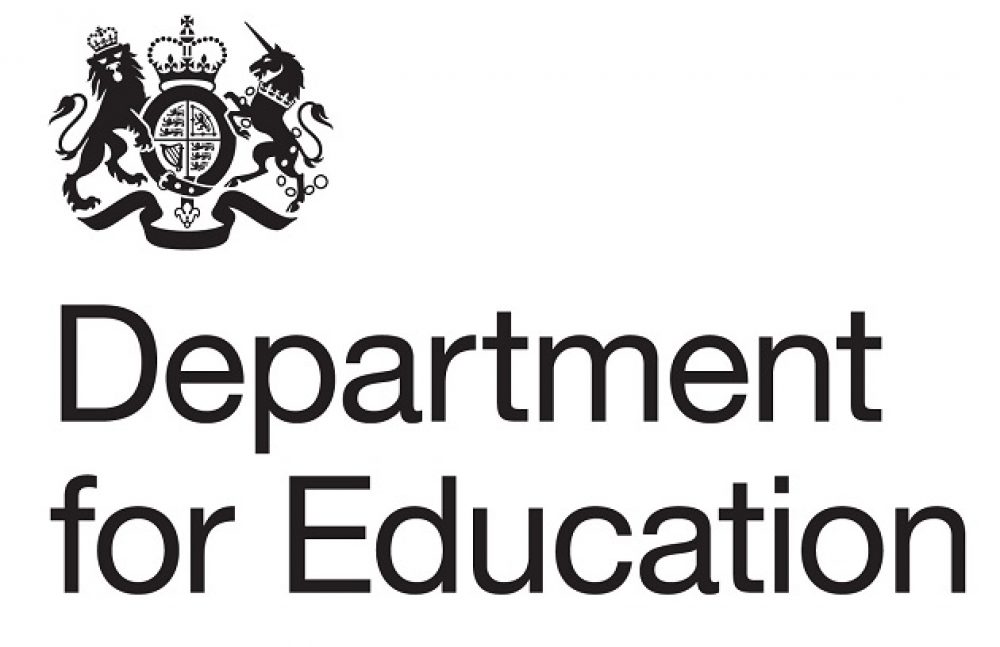Fears about the quality of free schools in some parts of England have been raised after government statistics showed regional variations in the proportion of “high quality” schools in each area.
Figures published in the parliamentary education committee’s report into the regional schools commissioners show that just 56 per cent of free schools, university technical colleges and studio schools in the south-west, inspected between 2011 and 2013, were rated good or outstanding.
The proportion of “high quality” free schools is a government-chosen performance target.
Elsewhere across the country in the same period, the proportion of “high quality” free schools are all higher, with most areas rating over 70 per cent.
The education statistician John Howson told Schools Week the variation could be down to low “absolute numbers” in those regions, leading to a situation where one or two inspection results could make a big difference to overall figures.
But he also expressed fears about the quality of provision in some free schools, especially studio schools and university technical colleges, which have seen problems with recruitment, and pointed to the recent closure of the Black Country UTC as an example.
Professor Howson said: “I fear some studio schools may be used as places to send pupils at 14 some schools want to move on. See the UTC in the West Midlands that closed last summer as an example.”
UTC and studio schools were introduced to provide a more vocational, hands-on route for learners. They specialise in a specific career or skill area, such as engineering or tourism.
Regional schools commissioners have a duty to monitor the performance of free schools in their regions, and take action when they are underperforming.
GCSE results released yesterday show how a free school opened in 2012, St Michael’s Catholic secondary in Camborne, Cornwall, had a pass rate of just 28 per cent.
It opened with just 60 pupils and in May last year the school announced that it was no longer “financially viable”. It has since merged with Camborne Science and International Academy.
RSCs also advise ministers on free school applications and on whether approved projects are ready to open. The RSC responsible for the West Midlands is Pank Patel, while the south-west is still under the oversight of Sir David Carter, who has recently been announced as the next national schools commissioner.
He will replace Frank Green at the end of this month.







Your thoughts